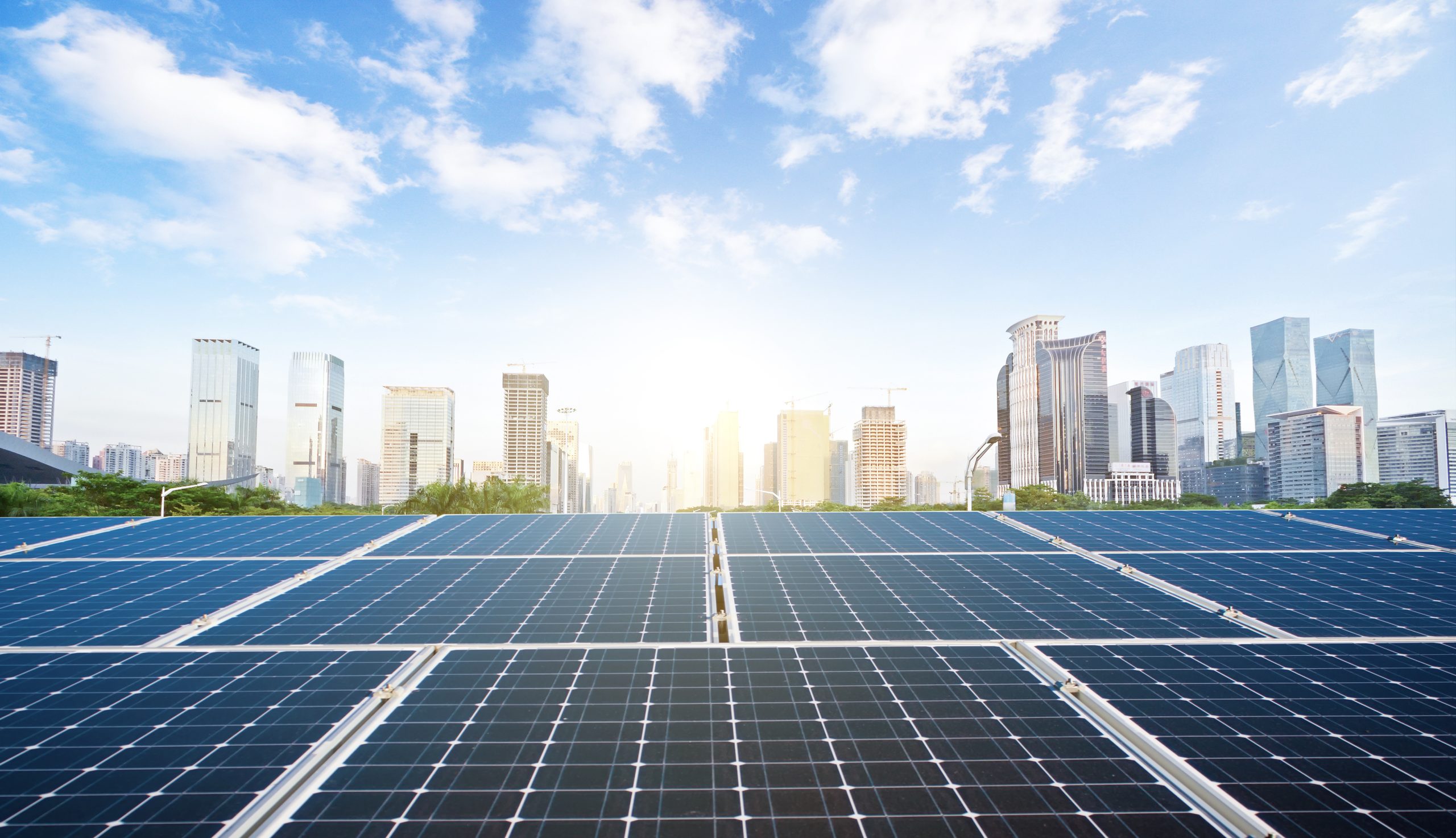
Myths & Facts about Solar Energy
Solar energy stands at the forefront of renewable energy sources, yet myths and misconceptions often shroud its true potential. Let’s debunk some common myths and shed light on the undeniable facts about solar power.
Myth: Solar Panels Are Only Effective in Sunny Climates
Fact: Solar panels can generate electricity even on cloudy days. While sunlight intensity affects efficiency, solar panels can still produce energy in varying weather conditions. They work based on light, not just direct sunlight, making them viable in regions with diverse climates.
Myth: Solar Panels Are Exclusively for Wealthy Homeowners
Fact: Over the years, solar panel costs have significantly decreased. Government incentives, tax credits, and leasing options have made solar energy more affordable and accessible for homeowners and businesses, resulting in long-term savings on energy bills.
Myth: Solar Panels Require Constant Maintenance
Fact: Solar panels only require minimal maintenance. Routine cleaning to remove dust and debris is beneficial, but they generally require minimal upkeep. Most panels come with warranties and have a lifespan of 10- 25years, providing reliable and durable energy solutions.
Myth: Solar Energy Is Inefficient Compared to Traditional Sources
Fact: Solar technology continues to advance rapidly. Modern solar panels have higher efficiency rates, converting sunlight into electricity more effectively than before. Ongoing research and innovations aim to further enhance efficiency and reduce costs.
Myth: Solar Panels Will Damage Your Roof
Fact: When installed properly by certified professionals, solar panels can protect and preserve the roof. Mounting systems are designed to secure panels without compromising the roof’s integrity. In fact, solar panels can shield roofs from elements like UV rays and hail.
Myth: Solar Energy Is Not Environmentally Friendly to Produce
Fact: While there is an initial energy investment in manufacturing solar panels, solar energy produces significantly less greenhouse gas emissions than fossil fuels throughout its lifespan. Solar panels generate clean, renewable energy without polluting the air or water.
Myth: Solar Energy Systems Don’t Work at Night
Fact: Solar panels don’t produce energy at night, but systems can store excess energy in batteries for use during non-sunny hours. Moreover, grid-tied systems allow users to draw power from the grid when needed, ensuring uninterrupted electricity supply.
Separating myths from facts is crucial in understanding the true potential of solar energy. It’s evident that solar power is a viable, eco-friendly, and cost-effective energy solution that continues to evolve and offer sustainable alternatives to conventional energy sources.
As technology gets better and more people learn about it, using solar energy becomes a real, easy, and powerful way to make the world cleaner and better for the future.

Powering Businesses with Renewable Energy
In recent years, the global business landscape has been witnessing a notable shift towards sustainable practices. Among the numerous eco-friendly initiatives, the integration of commercial solar solutions stands out as a game-changer. These solutions not only contribute to reducing carbon footprints but also offer numerous advantages for businesses seeking cost-effective and clean energy sources.
The Rise of Commercial Solar Solutions
Businesses of all scales are increasingly recognizing the benefits of harnessing solar power. Unlike traditional energy sources, solar energy proves to be an environmentally responsible choice, significantly diminishing reliance on fossil fuels. The installation of solar panels on commercial properties empowers these entities to generate their electricity, thus unlocking independence from fluctuating energy prices.
Advantages for Businesses
1. Cost Savings and Long-term Investment
Commercial solar solutions present a compelling economic case. While the initial setup might require an investment, the long-term benefits outweigh the costs. Businesses experience substantial savings on electricity bills as they generate their power. Additionally, many governments offer incentives and tax breaks for adopting renewable energy, further enhancing the financial benefits.
2. Sustainable Brand Image
Companies embracing solar energy foster a sustainable brand image. Consumers increasingly Favor businesses committed to environmental responsibility. By adopting solar solutions, companies showcase their dedication to reducing carbon emissions, attracting environmentally conscious consumers and investors
3. Energy Reliability and Independence
Solar power offers a stable and reliable energy source. Businesses are less susceptible to energy grid disruptions or price fluctuations, ensuring continuous operations and mitigating the impact of rising energy costs.
4. Contributing to Environmental Preservation
By utilizing solar energy, businesses actively contribute to environmental conservation. Reduced reliance on non-renewable energy sources diminishes greenhouse gas emissions, thereby combatting climate change and supporting a healthier planet.
In conclusion, commercial solar solutions are transforming the way businesses meet their energy needs. By harnessing the power of the sun, companies not only achieve significant cost savings but also establish themselves as environmentally responsible entities, fostering positive brand image and contributing to a sustainable future.
Adopting solar energy is a wise step towards a greener, more resilient business model. As the world shift towards renewable energy, the integration of commercial solar solutions will undoubtedly play a pivotal role in shaping a sustainable future for businesses across industries.